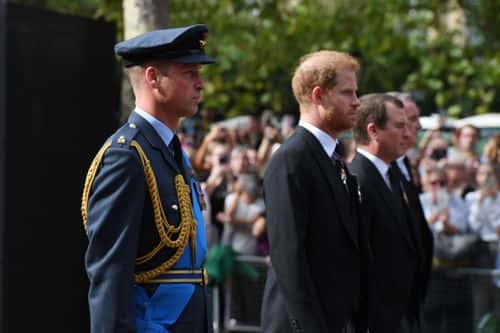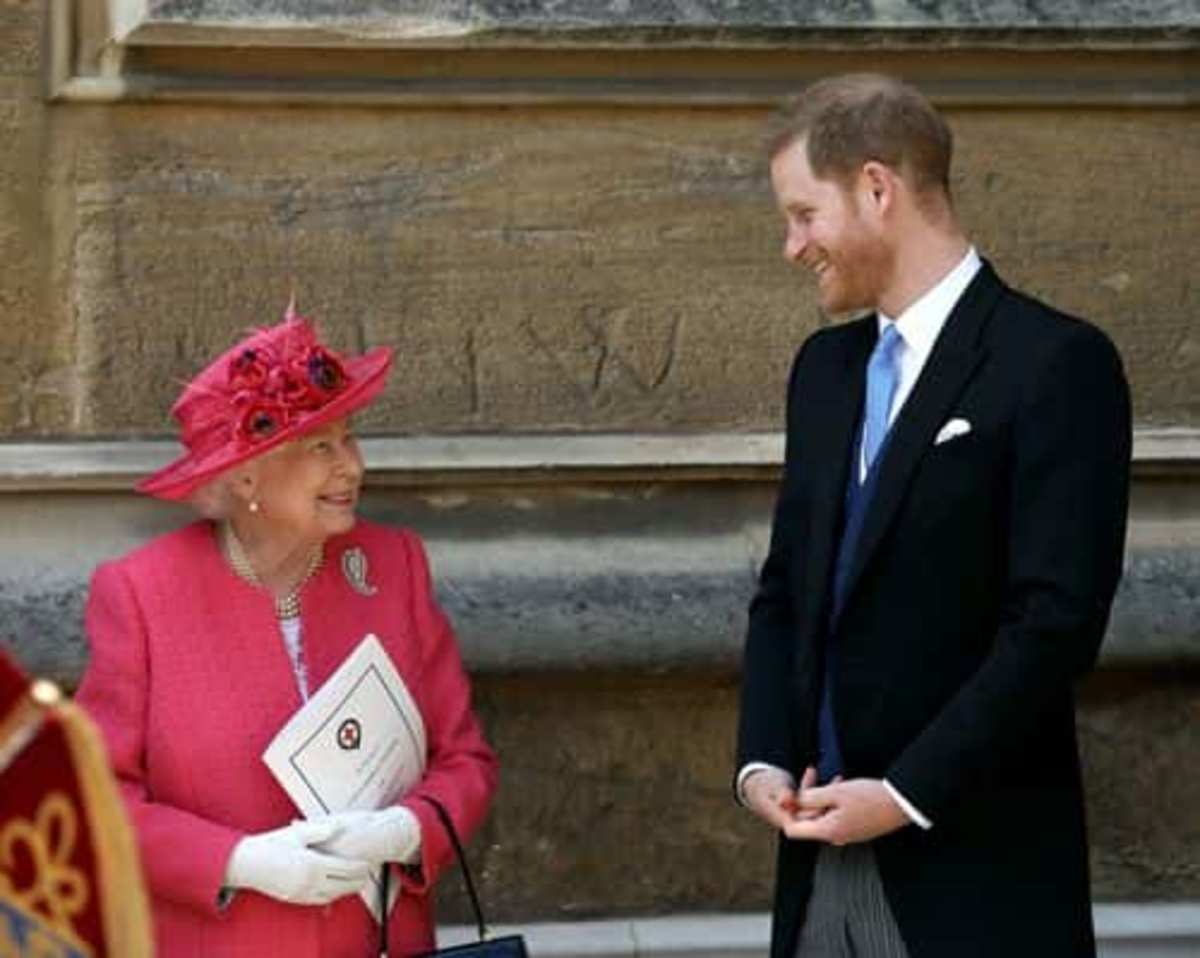Harry's relentless attacks against royal family stems from 'trauma and paranoia,' doctors say

LOS ANGELES, CALIFORNIA: Mental health experts have suggested that Prince Harry has "lost his grip on reality" and that his constant attacks against the royal family are fueled by his "intense paranoia." The experts' concerns were compounded since he "keeps changing his stories" about alleged abuses inflicted on him and his wife, Meghan Markle, by members of The Firm.
The 38-year-old Duke of Sussex has reportedly been in therapy for years. However, top doctors fear that his mental health is getting worse after he admitted he initially believed the 1997 car crash death of his mother, Princess Diana, was a hoax and revealed that he suffers severe panic attacks.
ALSO READ
'It would be unsurvivable': Prince Harry says he and Meghan will NEVER move back to the UK
'It was terrifying': Prince Harry says William 'screamed and shouted' at him after he announced exit
“Harry’s interview with Anderson Cooper on 60 Minutes revealed a man who has gone off the deep end, or – as the Brits would say – lost the plot!” Dr. Carole Lieberman told Radar Online. The royal raised eyebrows when he alleged in his explosive memoir, 'Spare', that he was only brought into this world to "provide extra organs" for his older brother, Prince William, if the future king had a medical emergency. “I was the shadow, the support, the Plan B. I was brought into the world in case something happened to Willy,” he writes in the memoir. “Kidney, perhaps. Blood transfusion. Speck of bone marrow. Two years older than me, Willy was the Heir, whereas I was the Spare.”

Harry's shocking claim borders on delusion, per one doctor. “Clinically, I would say I have concern for him not being in his right mind,” Connecticut-based psychologist Dr. Holly Schiff told Radar Online. “It is absolutely possible he is delusional and spouting lies.” According to Schiff, the prince's reported fantasy about his beloved mother surviving her fatal car crash and his belief she could "walk in the door" at any moment are purely defense mechanisms. “Your brain wants to keep you safe, and while this primal defense mechanism is smart, it can have trauma sufferers creating narratives that are safer and easier for them to digest,” she explained. “For Prince Harry, it may be easier to blame the rest of his family than face some of the actual hardships he has experienced and for him to sit with those unpleasant and traumatic emotions and come to terms with them."

Schiff also proposed that Harry's portrayal of Charles and Camilla as villains gave him an excuse to dump the responsibility for all his problems at their feet. “Harry and Meghan twist the truth to fit whatever position they want to sell to the public – literally, in the case of this book,” Lieberman explained. “It only sheds more light on his confusion and loose grasp on reality. Meghan pushed her prince over the edge by creating whatever reality she wants him to believe. He can’t keep his stories straight because his memories are a jumble of what actually happened in the past and what she’s told him happened.”

Schiff said Harry's blame game against members of the Royal Family was the coping mechanism of a disturbed mind. “It also allows him the luxury of removing any of his own accountability, so he can play more of a victim role,” she told Radar Online. “A PTSD brain works overtime, making you feel a constant sense of danger and the need to be on high alert in order to protect yourself. With Prince Harry, his delusions and paranoia would fit that kind of hypervigilance.”










